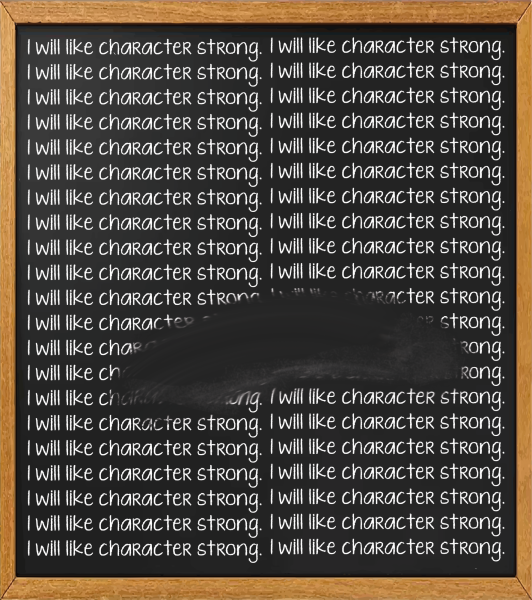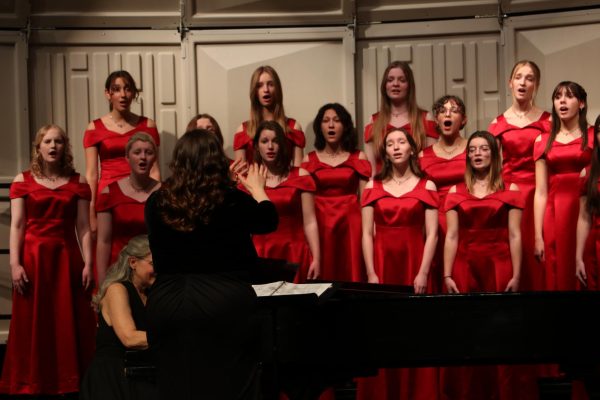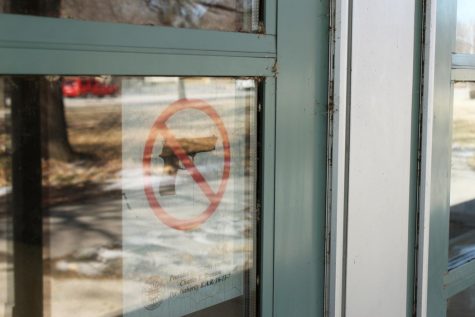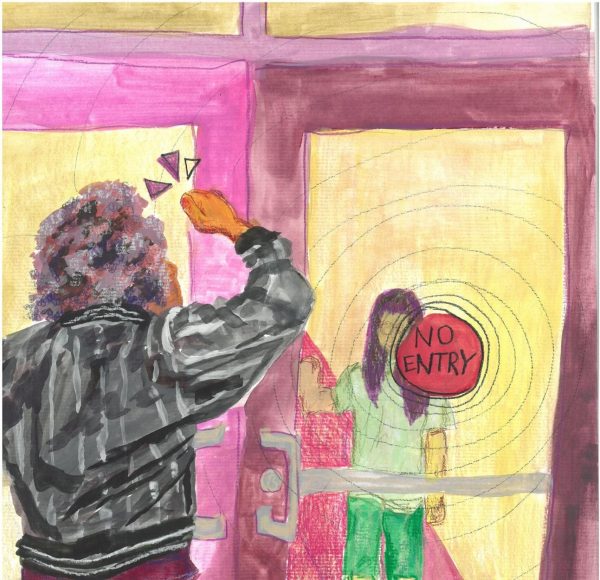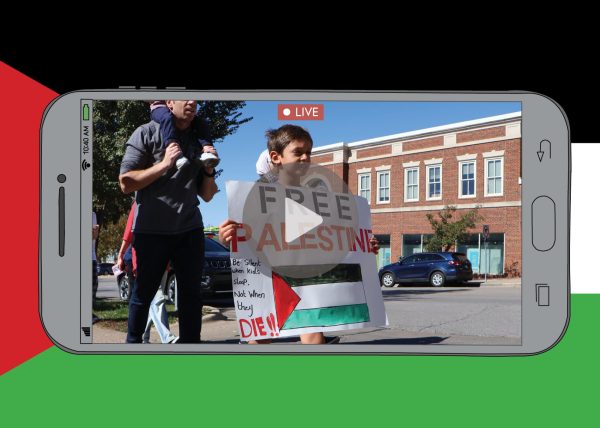OPINION: Tell your story
In wake of tragedy, students are speaking out and the nation is listening
March 8, 2018
In literature, tragedies are fairly predictable stories. The characters and the conflict, the climax and the resolution follow a common, static pattern in one place at one time. If you’ve studied any tragedy, you’ve learned that. In real life, when tragedy strikes, those simple elements are no longer simple, and there is rarely resolution, because there is rarely just one story. There are stories of those who survive, those who die, those who witness, those who are responsible, and those who profit. The tragedy isn’t limited in time or place, so to discuss real-life tragedy by only telling one story isn’t just incomplete, it’s dangerous.
As a teacher, I want students to ask questions: Is this a credible argument? Why? How should I interpret this? Do I believe this? Why not? Is this true? I want students to debate civilly as you work out what you know and why. I want you to know your story, to be empowered to tell it, and in an ideal world, to listen to and value each other’s stories as much as your own.
Because, by telling and valuing only your story, you may privilege your experience over others’, and that shortsightedness may put people in danger. This is another lesson you’ve probably learned from studying tragedy.
No one story will ever be enough to understand something as complex or as terrifying as school shootings. When we talk about these tragedies, it is easy to only tell the gun control story. It is easy to only tell the mental health story. It is easy to only tell the state of public education story because those stories seem to have resolutions. They are easier than acknowledging no one story alone reveals the whole truth. But, what is easy is seldom what is right, and to do what is right, we must tell and listen to and value all of the stories that feed into this tragedy.
In a 1977 interview, writer James Baldwin said, “People can cry much more easily than they can change.” Since the tragedy at Columbine in 1999, the country has done plenty of crying. Today, students from Marjory Stoneman Douglas High School are calling for change by telling their stories. While much of the country has been stunned by the students’ eloquence, passion,and conviction, your teachers are not surprised. We know students like this. We know you. We know your strength and compassion, we know your dedication and resilience. And, most importantly, we know you have stories to tell, and we are listening.
















